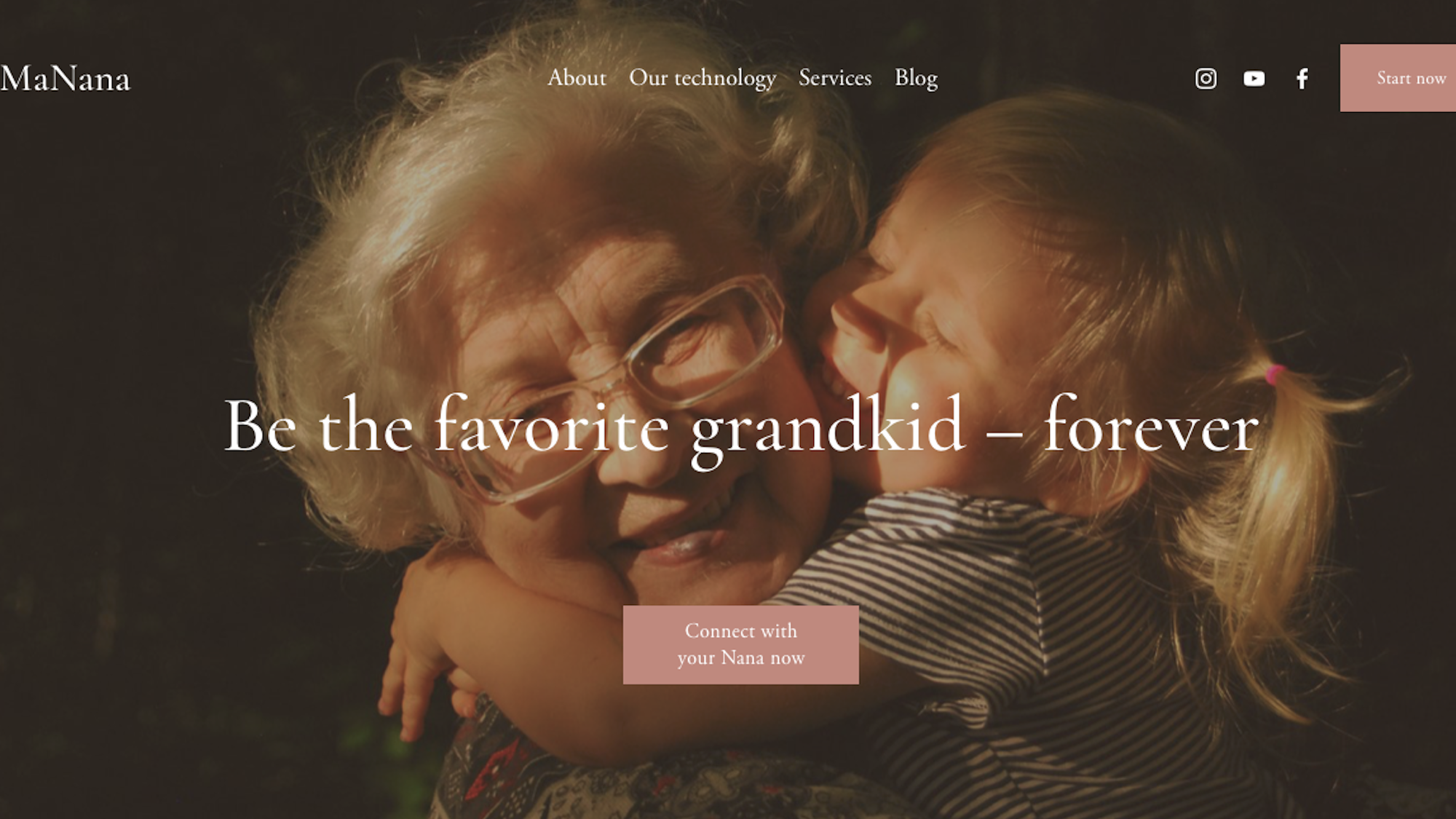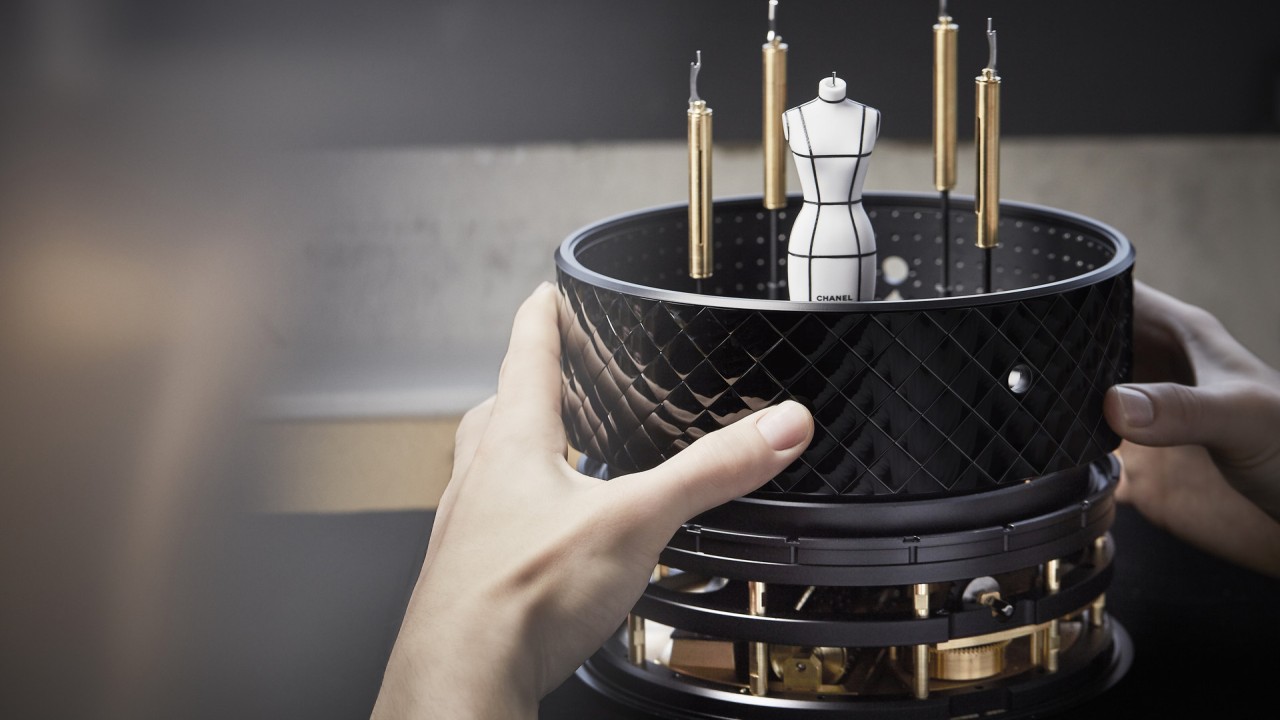
The internet is filled with personal artifacts, much of which can linger online long after someone dies. But what if those relics are used to simulate dead loved ones? It’s already happening , and AI ethicists warn this reality is opening ourselves up to a new kind of “digital haunting” by “deadbots.” People have attempted to converse with deceased loved ones through religious rites, spiritual mediums, and even pseudoscientific technological approaches for millennia.
But the ongoing interest in generative artificial intelligence presents an entirely new possibility for grieving friends and family—the potential to interact with chatbot avatars trained on a deceased individual’s online presence and data, including voice and visual likeness. While still advertised explicitly as digital approximations , some of the products offered by companies like Replika, HereAfter, and Persona can be (and in some cases already are) used to simulate the dead. And while it may be difficult for some to process this new reality, or even take it seriously, it’s important to remember the “digital afterlife” industry isn’t just a niche market limited to smaller startups.

Just last year, Amazon showed off the potential for its Alexa assistant to mimic a deceased loved one’s voices using only a short audio clip. [Related: Watch a tech billionaire talk to his AI-generated clone .] AI ethicists and science-fiction authors have explored and anticipated these potential situations f.















